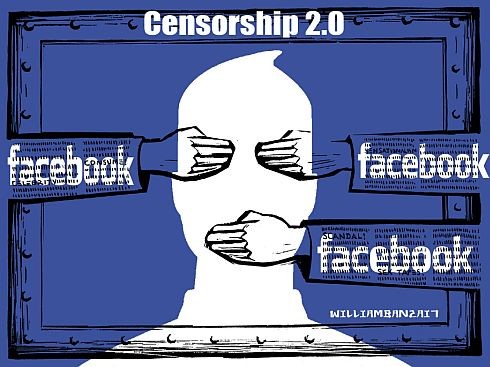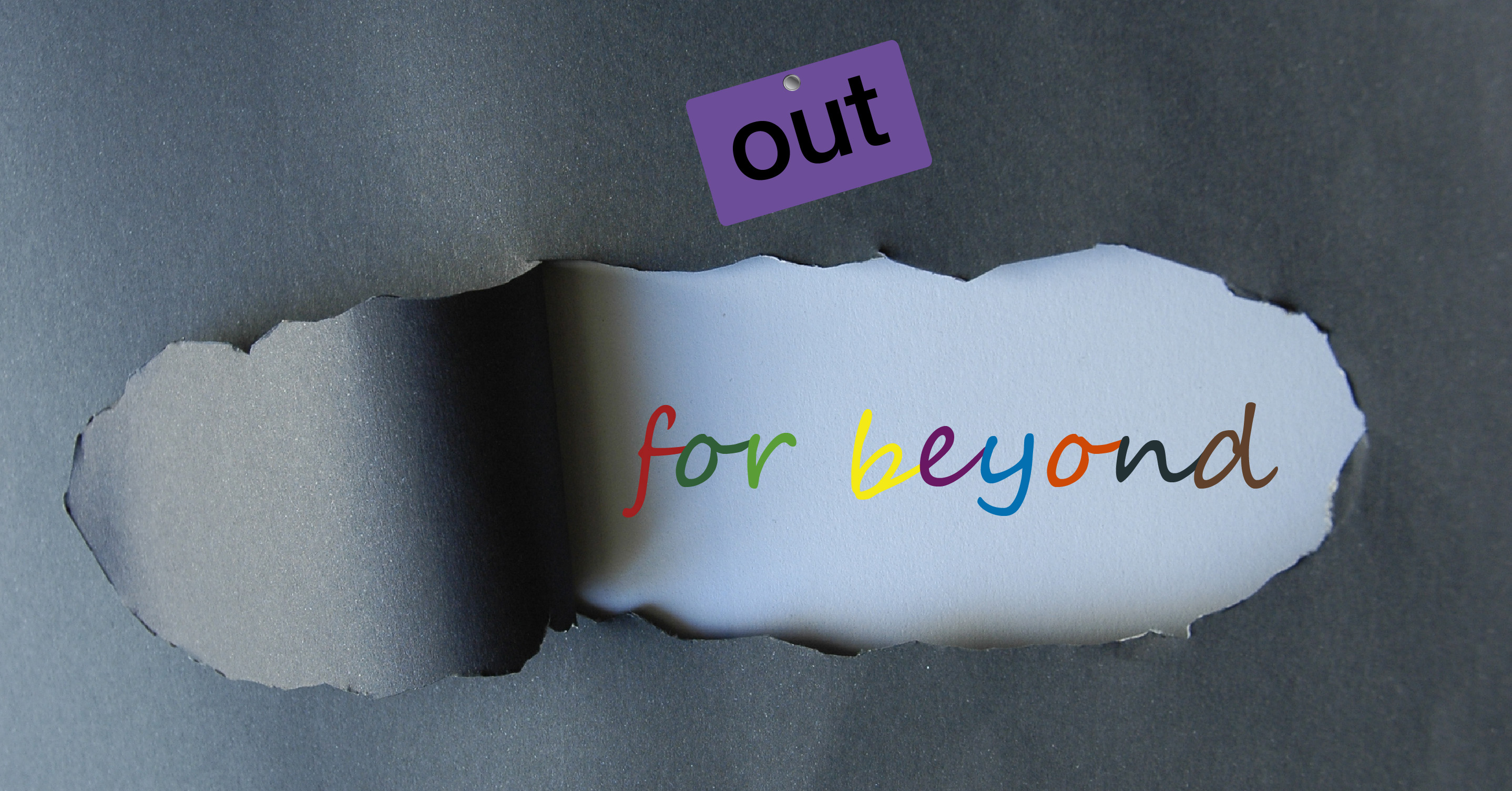Let me check my emails, let me see what’s new in Twitter, did I get new likes on Facebook, I wonder are there any new photos on Instagram, I’d like to buy this online, let me spread the word for this action on Facebook…
Thanks to the Internet, we do all these things in an instant. And every time we touch the button to do them, we also leave traces in some place. All those personal data, the sweater whose color we loved so much, the Google searches, the people we follow on Twitter, they are all being recorded somewhere. Whether we are aware of it or not, whether we care about it or not, it is in fact as important that no one knows all our favorite sweater brands as is that no one knows our credit card password. This is because capitalism reproduces itself with such information, because this is how it tries to control what we like and what we don’t like.
Facebook, Twitter and so on…
On the other hand, the decision-makers decide what will remain in the Internet and what will not. Facebook easily closes accounts. Websites are being shut down. Hundreds of people were tracked and sued just because they used social media during Gezi Park protests. The Facebook page “Ötekilerin Postası”, one of the most important examples of alternative media, was closed down six times without prior notice. The Minister Binali Yıldırım stated that Facebook has been cooperating with them for a long time while Twitter did not respond positively yet.
Doç Dr. Erkan Saka reminds us the wheels of this cyber world: “Facebook is worldwide infamous in this matter. For instance, numerous pages were closed down in UK before the Olympic games. In Turkey, BDP (Peace and Democracy Party) is subjected to similar practices as it represents a center of opposition. … Facebook is too commercialized and is therefore afraid of advertiser pressures and does not want to take political risks.”
However, it is not only the social media giants whose hands are dirty. Google recently stated “Just as a sender of a letter to a business colleague cannot be surprised that the recipient’s assistant opens the letter, people who use Web-based email today cannot be surprised if their emails are processed by the recipient’s [email provider] in the course of delivery … Indeed, a person has no legitimate expectation of privacy in information he voluntarily turns over to third parties”
But Consumer Watchdog thinks differently. Consumer Watchdog’s Privacy Project director John M. Simpson argued “Google’s brief uses a wrong-headed analogy; sending an email is like giving a letter to the Post Office. I expect the Post Office to deliver the letter based on the address written on the envelope. I don’t expect the mail carrier to open my letter and read it. Similarly when I send an email, I expect it to be delivered to the intended recipient with a Gmail account based on the email address; why would I expect its content will be intercepted by Google and read?”
Snowden Speaks Out for All of Us
While all these are happening, Edward Snowden, ex CIA agent and NSA employee, entered the scene. He let the world know that NSA and FBI have been using a program called PRISM to wiretap and track Internet users. We were already feeling that “big players” like the US would know about every single move we make, but Snowden case provide very strong evidence in this line.
Yet, it is not only Facebook and Google who take part in the PRISM. Microsoft, Apple, Yahoo, AOL, Verizon, Sprint and AT&T are also in the game. In fact, Merkel’s phone calls were wiretapped for three years – with the permission of Obama. And PRISM is the only system of surveillance we are aware of. Who knows what information did not leak yet.
Clearly, blog and website servers are not exempted from all these. Blogger and WordPress may share your information with the authorities whenever necessary.
If you are saying “Well, what do I have to hide? So what, if they monitor my mailbox?”, don’t ! While very little space is left for us in the system in any case; this surveillance system hands all the remains of our freedom – from phone calls to our loved ones to messages to our comrades – are handed to states and corporations unconditionally. In fancy language, this is against human rights.
Is There an Alternative?
However, there is a way out. To begin with, we can demand privacy from these communication and Internet giants. Yet, we might have to wait for some time for this to happen.
We can change the servers we use. We can use alternative service providers for emails, mailing lists, micro-blog sites, blogs, websites, and the operating systems in our computers. Many service providers do not keep your information except a minimum amount for operational reasons, because they are not interested in selling your information to advertisement companies or sharing it with state authorities. They rather focus on how we can have healthy and secure communication on the Internet. They see these as a citizen’s right.
If you are curious about where to find them and how to use, we recommend https://techtoolsforactivism.org/ .
Out for Beyond. Where to?
Finally, we as Out for Beyond decided to take action on this issue. We started by switching our email addresses to Rise Up, and now we are moving our blog to Network 23. Come visit us in our new place.
https://network23.org/outforbeyond/
emel & Ege M. Diren
We would like to thank Chandley for editing the translation of this text. Out for Beyond



